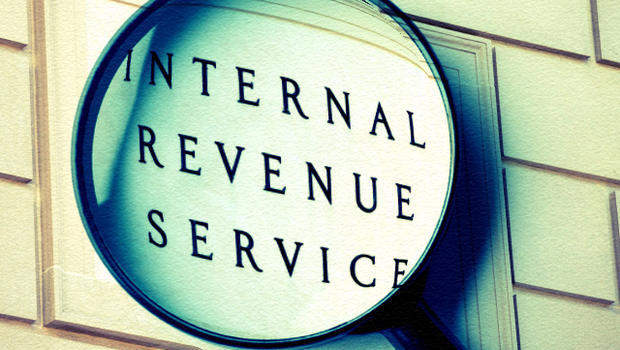IRS Scams & Phishing
Aug 07, 2014
What to do if you get a call or email from someone claiming to be the IRS?
The IRS has seen a recent increase in local phone scams and phishing across the country. (Phishing is a scam typically carried out with the help of unsolicited email or a fake website that poses as a legitimate to lure in potential victims and prompt them to provide valuable personal and financial information).
These scams include many variations including callers saying that their victims owe money or are entitled to a huge refund.
Characteristics of these scams can include:
- Scammers use fake names and IRS badge numbers. Generally common names and surnames are used to identify themselves.
- Scammers may be able to recite the last four digits of a victim’s Social Security Number.
- Scammers “spoof” or imitate the IRS toll-free number on caller ID to make it appear that it’s the IRS calling.
- Scammers sometimes send bogus IRS emails to some victims to support their bogus calls.
- Victims hear background noise of other calls being conducted to mimic a call site.
 If you get a phone call from someone claiming to be from the IRS, here’s what you should do: If you know you owe taxes or you think you might owe taxes, call the IRS at 800-829-1040. The IRS employees at that line can help you with a payment issue – if there really is such an issue.
If you get a phone call from someone claiming to be from the IRS, here’s what you should do: If you know you owe taxes or you think you might owe taxes, call the IRS at 800-829-1040. The IRS employees at that line can help you with a payment issue – if there really is such an issue.
If you know you don’t owe taxes or have no reason to think that you owe any taxes (for example, you’ve never received a bill or the caller made some bogus threats as described above) then call and report the incident to the Treasury Inspector General for Tax Administration at 800-366-4484.
If you’ve been targeted by these scams, you should also contact the Federal Trade Commission and use their “FTC Complaint Assistant” on their website. Please add “IRS Telephone Scam” to the comments of your complaint.
If you receive an unsolicited email that appears to be from either the IRS or an organization closely linked to the IRS, such as the Electronic Federal Tax Payment System (EFTPS), report it by sending it to phishing@irs.gov.
It is important to keep in mind the IRS does not initiate contact with taxpayers by email to request personal or financial information. This includes any type of electronic communication, such as text messages and social media channels. The IRS has information online that can help you protect yourself from email scams.
By: Jenny Furey, CPA
Categories: Uncategorized
